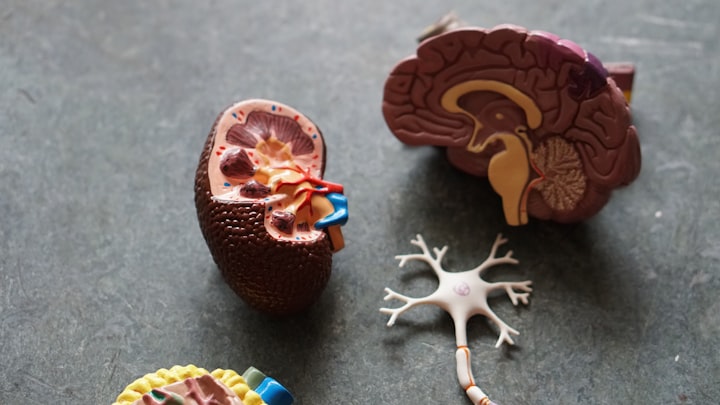what are the main causes of kidney disease?
kidney disease

I. Introduction
A. Explanation of kidney disease and its prevalence:
Kidney disease, also known as renal disease or nephropathy, refers to any condition or disorder that affects the normal functioning of the kidneys. The kidneys are essential organs responsible for filtering waste products, excess fluids, and toxins from the blood, regulating electrolyte levels, maintaining fluid balance, and producing hormones that help control blood pressure and stimulate red blood cell production.
Symptoms of kidney disease can vary depending on the specific condition but may include changes in urine output, swelling, fatigue, high blood pressure, persistent itching, nausea, and decreased appetite. Treatment for kidney disease depends on the underlying cause and can range from medication and lifestyle changes to dialysis or kidney transplantation in more severe cases. Early detection and management of kidney disease are crucial for preventing further complications and preserving kidney function
B. Importance of understanding the causes of kidney disease:
Understanding the causes of kidney disease is of paramount importance for several reasons:
Prevention:
Identifying the causes of kidney disease helps in implementing preventive measures to reduce the risk. Many forms of kidney disease, such as chronic kidney disease (CKD), can be preventable or their progression can be slowed down if the underlying causes are addressed. For example, controlling high blood pressure and diabetes, two leading causes of CKD, can significantly reduce the risk of developing kidney disease.
Early detection:
Knowledge of the causes of kidney disease enables healthcare providers to identify individuals who are at higher risk or have predisposing factors. This facilitates early detection and intervention, allowing for timely treatment and management. Early detection is crucial because kidney disease is often asymptomatic in its early stages, and by the time symptoms appear, significant damage may have occurred.
Tailored treatment:
Different causes of kidney disease require specific treatment approaches. Understanding the underlying causes helps in tailoring the treatment plan to address the root cause effectively. For example, if a kidney disease is caused by an autoimmune condition like lupus, treatment may involve immunosuppressive medications to reduce inflammation and protect the kidneys.
Public health planning:
Knowledge of the causes of kidney disease provides insights into the prevalence, distribution, and risk factors associated with the disease. This information is vital for public health planning, including resource allocation, health education campaigns, and targeted interventions. It helps policymakers and healthcare professionals develop strategies to reduce the burden of kidney disease within populations.
Research and innovation:
Understanding the causes of kidney disease drives research efforts to uncover new insights, develop improved diagnostic tools, and discover novel treatments. By understanding the underlying mechanisms, researchers can work towards developing interventions that specifically target the causative factors, leading to better outcomes and potential cures.
Overall, comprehending the causes of kidney disease is essential for prevention, early detection, tailored treatment, public health planning, and advancing medical knowledge. It plays a vital role in improving patient care, reducing the burden of kidney disease, and ultimately saving lives.
II. Primary drivers of Kidney Sickness:
There are a few reasons for kidney sickness, otherwise called renal illness. The kidneys are essential organs answerable for separating byproducts from the blood and keeping up with the body's liquid equilibrium. At the point when the kidneys are harmed or don't work as expected, it can prompt kidney infection. Here are a portion of the primary drivers:
A. Persistent Circumstances:
Constant circumstances, otherwise called persistent illnesses, are long haul ailments that commonly endure for a year or more and require progressing clinical consideration or the executives. These circumstances frequently don't have a fix, yet their side effects can be controlled and figured out how to work on personal satisfaction.
There are various ongoing circumstances that influence different body frameworks and have shifting levels of seriousness. A few normal models include:
About the Creator
hagaha nolosha
🌿 About Me:
I am a passionate soul who finds joy in the little things and believes that life's true essence lies in the experiences we gather along the way. My name, "Hagaha Nolosha," translates to "Embracing Life"






Comments
There are no comments for this story
Be the first to respond and start the conversation.